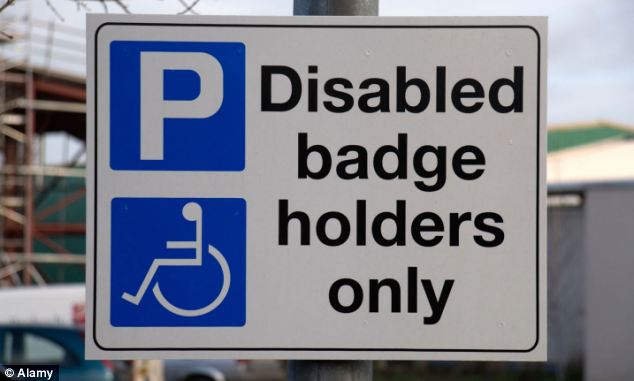-

Organisational Blue Badges – Understanding CT’s Challenges
-
9th June 2023
-
CTA members have voiced their concerns regarding the difficulties they face when trying to obtain organisational Blue Badges from their local authorities. Members have shared that some areas issue limited Blue Badges, which fail to cover all the vehicles that may require one. In more extreme cases, local authorities refuse to issue any blue badges at all. At the CTA, we recognise the importance of addressing these challenges and have taken steps to find solutions by engaging with the Blue Badge team at the Department for Transport (DfT).
Utilising Individual Badges
In many cases community transport (CT) organisations have fed back that they have been informed that passengers must individually apply for blue badges and then allow the CT operator to utilise them during travel. While this may seem like a viable option, it is not practical for effective transport. Many individuals are unaware that they can apply for a Blue Badge without owning a vehicle. Moreover, the application process can be lengthy, making it impossible for them to obtain the badge before undertaking their journey. Therefore, this approach does not adequately support the transportation needs of individuals with disabilities.
The Need for Clarity: National Guidance
The current guidance provided by the DfT on eligibility for organisational Blue Badges is not particularly helpful, as it suggests that taxi, private hire, and community transport operators are unlikely to qualify for such badges. This guidance fails to acknowledge that community transport plays a crucial role in caring for and assisting people with disabilities. Door-to-door transport services, in particular, require direct assistance for individuals to access the transport. During discussions with the DfT, it was agreed that community transport should be considered eligible for Blue Badges, as it provides essential care and support to those in need. However, it should be noted that the final decision on Blue Badge schemes lies with local authorities, as the DfT’s role is limited to providing guidance.
Understanding the range of approaches
While we have a small number of examples we need to gain a broader understanding of the different approaches local authorities take in issuing organisational badges and the impact this has on community transport’s ability to support people with disabilities. The DfT manages a forum of local authorities in England, with connections extending to Wales and Scotland. Our aim is to collect and analyse evidence from various experiences and share it with the DfT and through them engage in discussions with local authorities to explore collaborative solutions.
Share your experience of applying for organisational Blue Badges
For further information on who can get a Blue Badge view the DfT guidanace
Leave a reply
1 Comment
-
-
- About CTA
- /
- CTA Membership
- /
- CTWeek24
- /
- Policy & Research
- CommunitySolutions: A Manifesto for the Next UK General Election
- Our Campaigning Guide for Community Transport
- Our Policy Work
- Join Our Mapping England Passenger Survey
- Aneurin Bevan Transport to Health
- Climate Action in Scotland
- conneCTing England Programme
- Mapping Scotland Project
- Mapping Wales
- Mapping England
- Tackling Loneliness in England
- Healthy Communities in Scotland
- /
- Advice & Support
- /
- Training
- /
- Events
- /
Pauline Watson - Kinross-shire Volunteer Group and Rural Outreach Scheme
We are a Volunteer Community Transport Group providing a service to residents of Kinross-shire and Glenfarg. For at least 15 years we have held organisational blue badges through Perth & Kinross Council. We are now being told by another group that PKC are saying that Community Transport Groups cannot apply for badges and should never have had them. Our badges expire next year and we are concerned that we will be told the same thing. The badges are vital for us to provide service to our, mainly, elderly and frail service users.